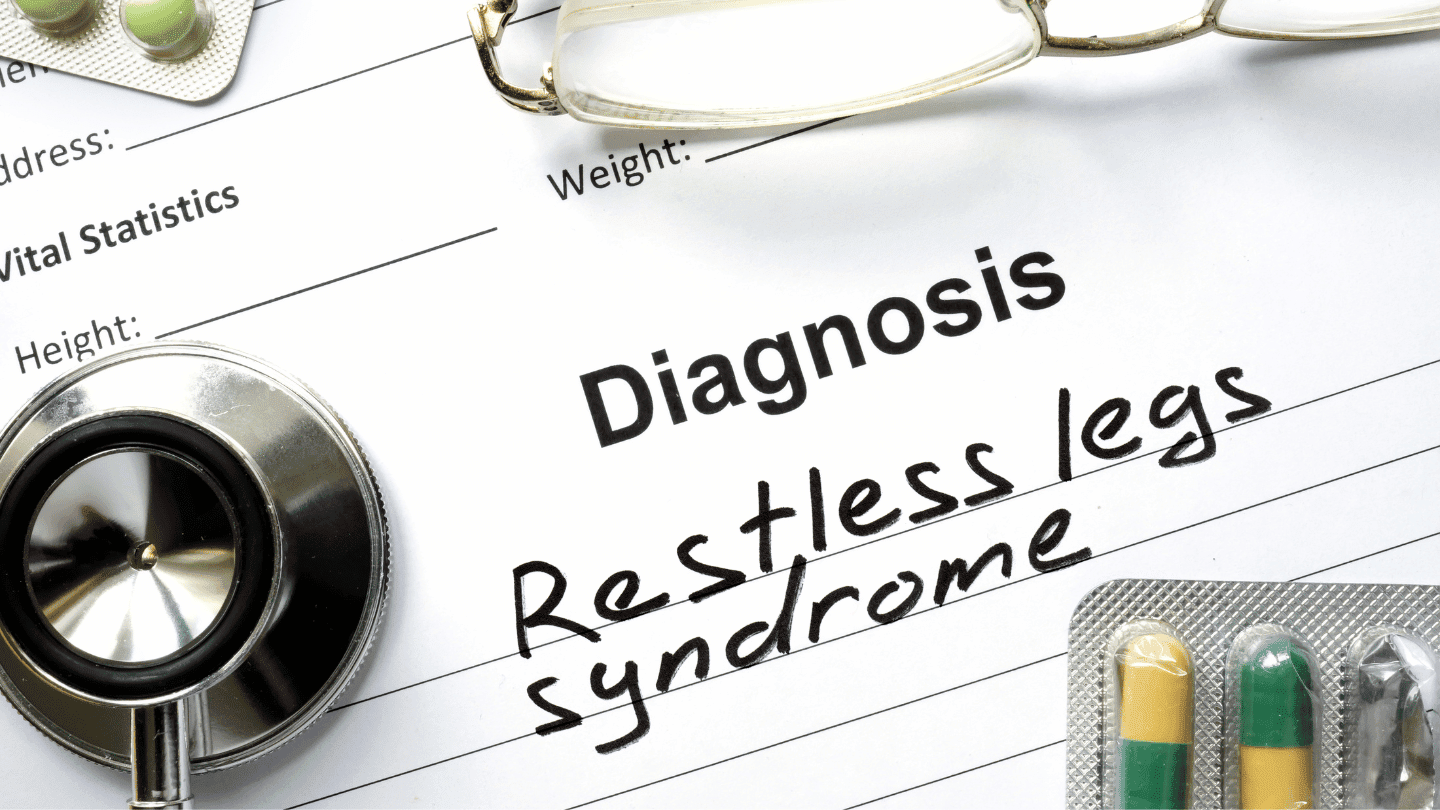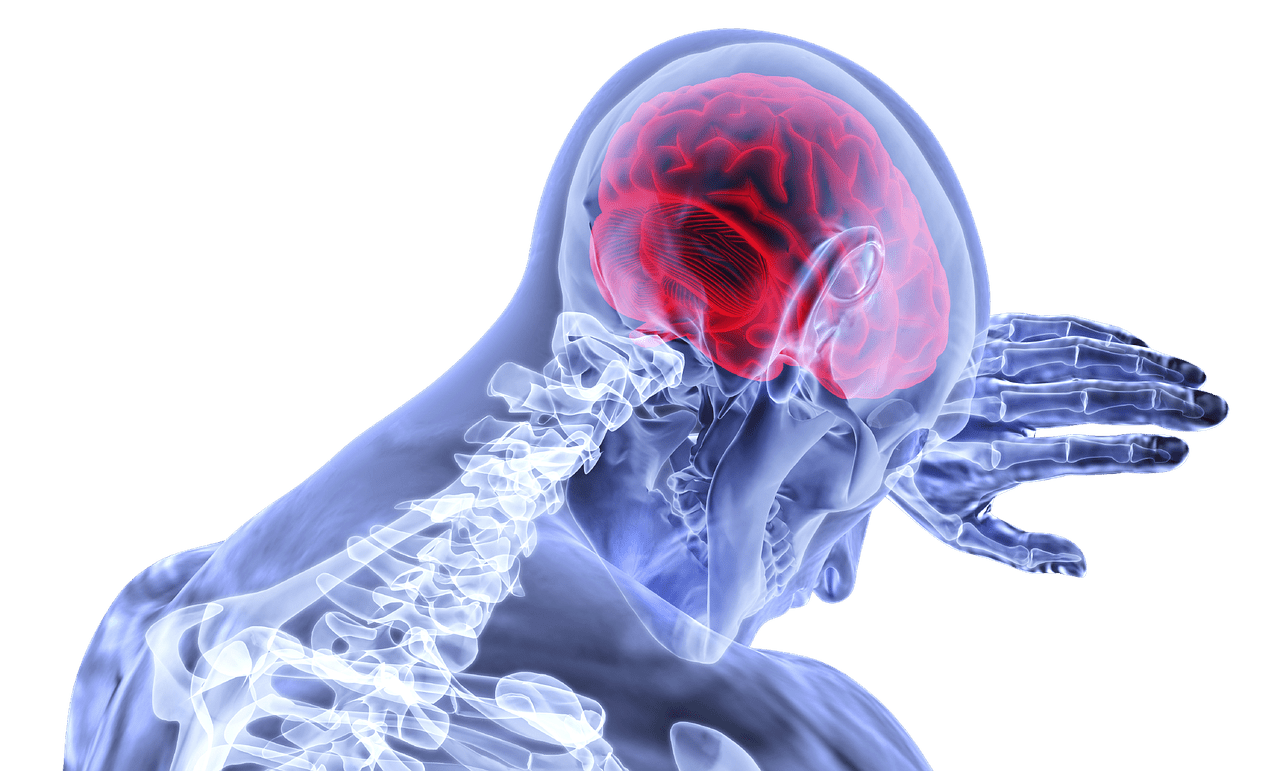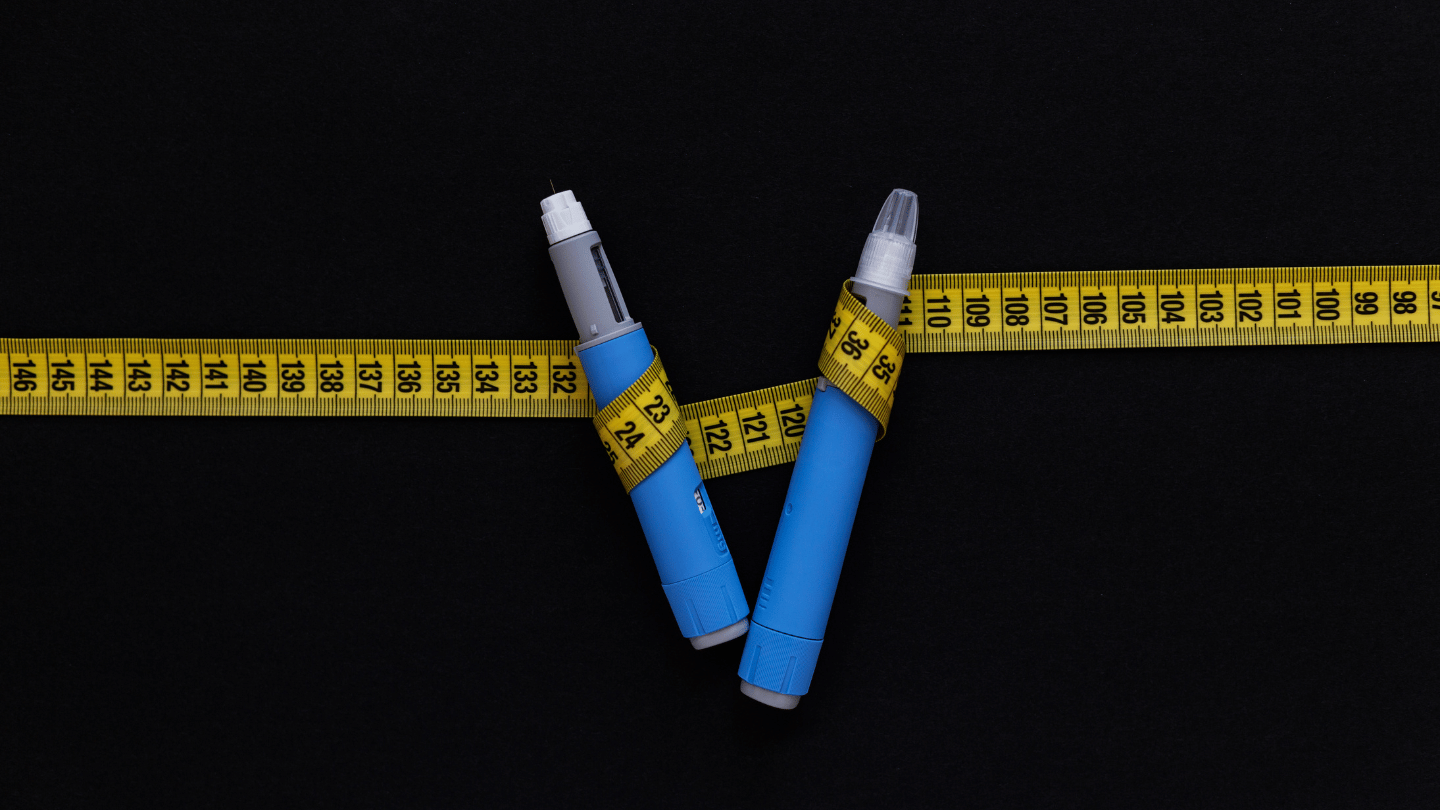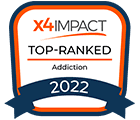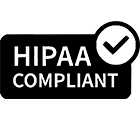Post-herpetic neuralgia is a chronic pain condition that persists for a month or longer after an episode of shingles, an infection caused by the varicella-zoster virus. The pain, located in the same area as the shingles rash, is often described as burning, sharp, jabbing, or deep and aching.
Additional symptoms can include sensitivity to touch, numbness, or itching.
Post-Herpetic Neuralgia Treatment Options
- Gabapentin Gabapentin is similar to gamma aminobutyric acid (GABA), which modulates the amount of calcium entering nerve cells. This affects neurotransmitters, molecules that carry messages between brain cells and other nerve cells, thereby lowering pain. Gabapentin can be taken three times a day unless it causes dizziness, which can be taken only at bedtime. This allows patients some measure of pain relief and may help them get restful sleep.
- Lyrica (Pregabalin) Lyrica has a mechanism of action similar to gabapentin, affecting neurotransmitter activity to reduce pain.
- Lidocaine Lidocaine, an anesthetic, can be applied in a 5% gel or patch form to numb the skin and nerves, providing localized pain relief.
- Antidepressants Prescribed in low doses, certain antidepressants can affect brain molecules related to the nervous system’s interpretation of pain. Examples include:
- Nortriptyline: Increases serotonin and norepinephrine, molecules allowing communication between nerve (brain) cells.
- Cymbalta (Duloxetine): Increases serotonin and norepinephrine.
- Effexor (Venlafaxine): Increases serotonin and norepinephrine.
Get Treatment for Post-Herpetic Neuralgia with QuickMD
Did you know? QuickMD can treat your post-herpetic neuralgia remotely via telemedicine and prescribe gabapentin or other medications online. Get the pain relief you need without leaving your home.

